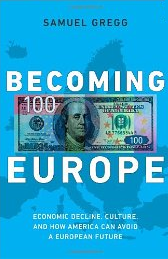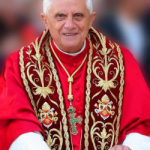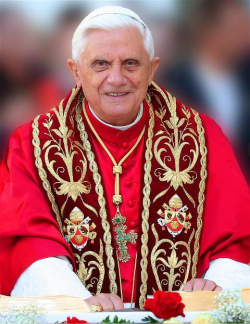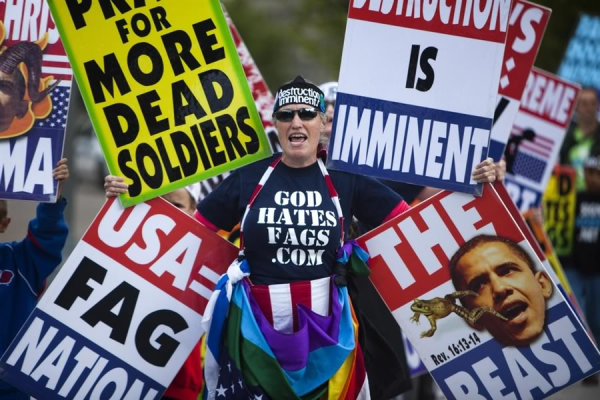Deprecated: trim(): Passing null to parameter #1 ($string) of type string is deprecated in
/home/aoiusa/public_html/wp-content/plugins/sexybookmarks/public.php on line
388
Deprecated: trim(): Passing null to parameter #1 ($string) of type string is deprecated in
/home/aoiusa/public_html/wp-content/plugins/sexybookmarks/public.php on line
394
Deprecated: trim(): Passing null to parameter #1 ($string) of type string is deprecated in
/home/aoiusa/public_html/wp-content/plugins/sexybookmarks/public.php on line
400
 For better or for worse (probably better) discussion of Orthodox teaching to cultural issues and every day life takes place more often on public blogs than anywhere else. Some critics deride the development of a virtual public square but how does it differ from essays written on paper except that delivery is faster?
For better or for worse (probably better) discussion of Orthodox teaching to cultural issues and every day life takes place more often on public blogs than anywhere else. Some critics deride the development of a virtual public square but how does it differ from essays written on paper except that delivery is faster?
Moreover, the quality of the writing is often good and sometimes excellent. The communications revolution is changing the Church as it has every other institution. Sharpening ideas by offering them for public critique is a good thing overall. People engaged in public life who know that ideas are important have been doing it for centuries.
Below is a response to David J. Dunn’s essay An Eastern Orthodox Case for Banning Assault Weapons by Dylan Pahman published on the Acton Institute Power Blog.
Fr. Gregory Jensen also crafted a response to Dunn that published immediately below this post.
David J. Dunn yesterday wrote an interesting piece arguing for a ban on assault weapons from an Orthodox Christian perspective (here). First of all, I am happy to see any timely Orthodox engagement with contemporary social issues and applaud the effort. Furthermore, I respect his humility, as his bio statement reads: “his views reflect the diversity of Orthodox opinion on this issue, not any ‘official’ position of the church.” The same applies to my views as well.
I take issue with Dunn, in particular, in his use of the Orthodox principle of oikonomia. As he frames it, it would appear that he has not taken the time to understand it in historical context, distorting his application of the principle to the debate of firearm regulation. Indeed, he appears to have entirely misappropriated this principle, applying it in precisely the opposite manner in which it is traditionally intended.
When it comes to government intervention in the market, I tend to err on the side of freedom, as I have recently expressed with regards to the issue of smoking (here). Now, to be clear, my point in that post was that I was unsure what good any further regulations on smoking would bring, not that we ought to lift all that are already in place. The central question in that case, I stated, is “to what extent should the state be able to intervene into the market when a company’s or industry’s product can and tends to, but does not necessarily, endanger our natural rights?”
Now, when it comes to firearms, I think this is an even stickier situation. Many people own and operate firearms perfectly safely, whereas most people who smoke at least endanger their own health, not to mention the health of others through second hand smoke.
Nevertheless, the fact remains that firearms are actually made to kill, calling to question whether the state has a role, for the sake of protecting the right to life of its citizens, to regulate—or perhaps to promote, as some would argue—the availability of different types of firearms. All that is to say, this is a difficult question of ethics, economics, and constitutional law and not as simple as some may want it to be.
Dunn argues for banning “assault weapons” (a rather ambiguous legal term) on the basis of the Orthodox principle of oikonomia. In response to Wayne LaPierre of the NRA, he writes,
Wayne LaPierre needs a little oikonomia because oikonomia demands we value people more than ideology. The “letter of the law” in the NRA is to oppose any regulation on the sale and manufacture of firearms. But holding fast to one’s ideals can make a person blind to their human cost, leading to irrational behavior. Thus, in the wake of shootings like Sandy Hook Elementary, LaPierre refuses to admit the obvious fact that a shooter with a smaller clip can kill fewer children. Instead he says that we should focus on the root causes of the problem. But the root causes are not always the ones that need to be addressed. In the Orthodox Church, oikonomia is a kind of spiritual triage: First save the patient! ButLaPierre is like a doctor, who comes across a person in cardiac arrest, and scolds her about proper diet and exercise.
What I take issue with here is Dunn’s understanding of the principle of oikonomia. He defines it as follows:
Oikonomia comes from the word oikos, which means “household” or “family.” When it comes to the canons, oikonomia means that, just as parents do not enforce the rules in every situation, neither do priests. The canons are what the Orthodox theologian, Fr. John McGuckin, calls a “pastoral instrument.” If a priest knows someone is sinning, the canons might dictate a particular course of action, and the priest might choose to ignore it. The letter of the law is subordinate to the needs of the soul. If enforcing a canon is going to make someone feel ashamed, despair, or leave the church, the most responsible thing the priest can do is to suspend the “letter of the law” for the sake of the immediate need.
While this is more or less true, what Dunn does not explore, and what clouds his application, is when and for what reason a priest may act out of oikonomia.
Historically, with regards to the canons, at least, the principle of oikonomia can be summarized by Canon 74 of St. Basil the Great:
[The one] that has the power of binding and loosing, may lessen the time of penance, to an earnest penitent.
Now notice that, as Dunn has recorded, the canons do allow for oikonomia, an overlooking of a canon in a special circumstance. But what is that special circumstance? The good behavior of the one under the sentence of the canon.
While I am not even so sure that expanding this principle to the ideology of the NRA is appropriate at all, if one wishes to do so, as does Dunn, it would seem that the above point would be crucial. Dunn wants LaPierre to relax the NRA’s principles because of the bad behavior of people who tragically misuse firearms. This would appear to be precisely the opposite of oikonomia.
Ironically, the NRA’s position of less regulation would fit oikonomia far better (though I am not too fond of comparing NRA members or legislators to priests and bishops). They want less of the law, not more of it.
No, whatever merits Dunn’s position may have, his application of this Orthodox principle seems entirely backwards. My advice would be that oikonomia is simply a non-starter for engagement with this issue from an Orthodox perspective.
As for how best to address it, well, I admit I am still personally working that out. However, when it comes to such a practical matter, there is something at the root of oikonomia that is much needed: the virtue of prudence. And I do not see how anyone can hope to act in prudence in this matter without engaging the issue from all sides and, importantly, considering any relevant data regarding the effectiveness (or lack thereof) of limiting the market in any way for the purpose of achieving a desired moral end, as well as minding the unintended consequences that surely will result as well—something that Dunn regrettably neglects to do.








